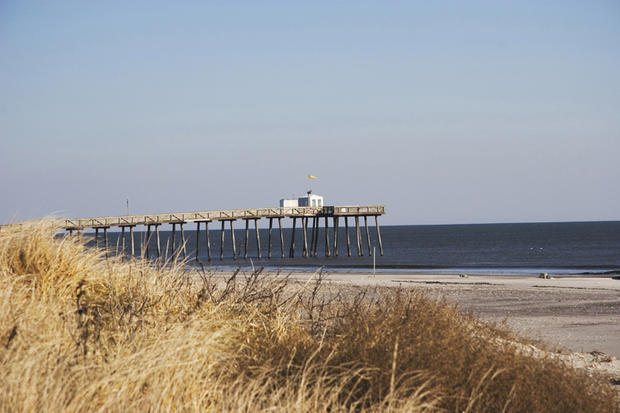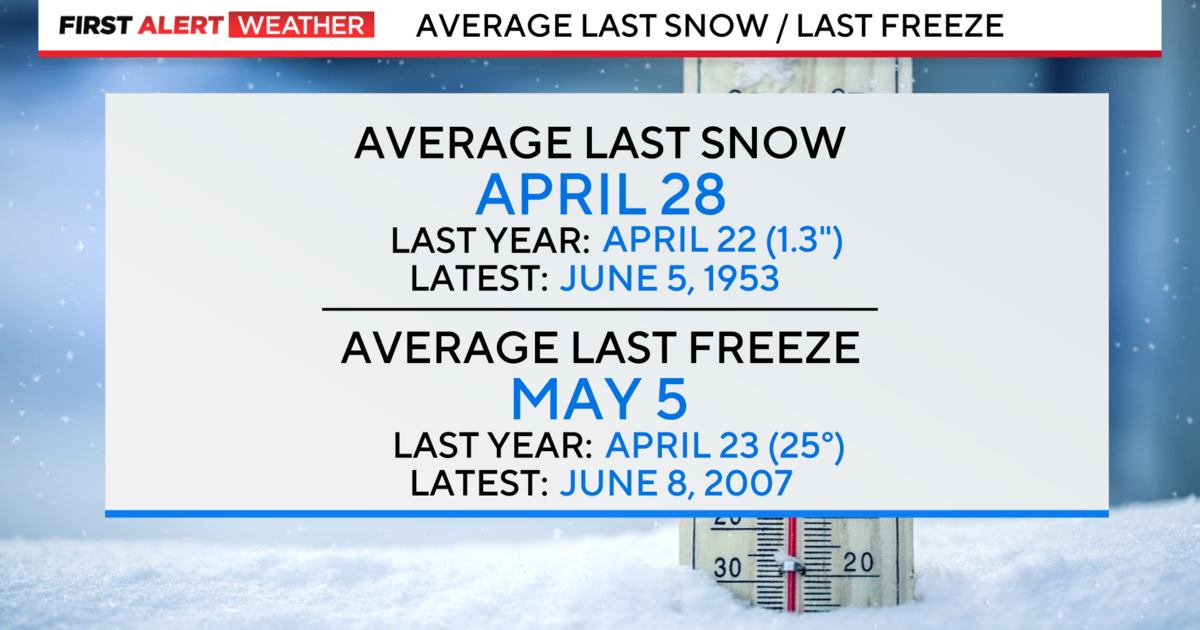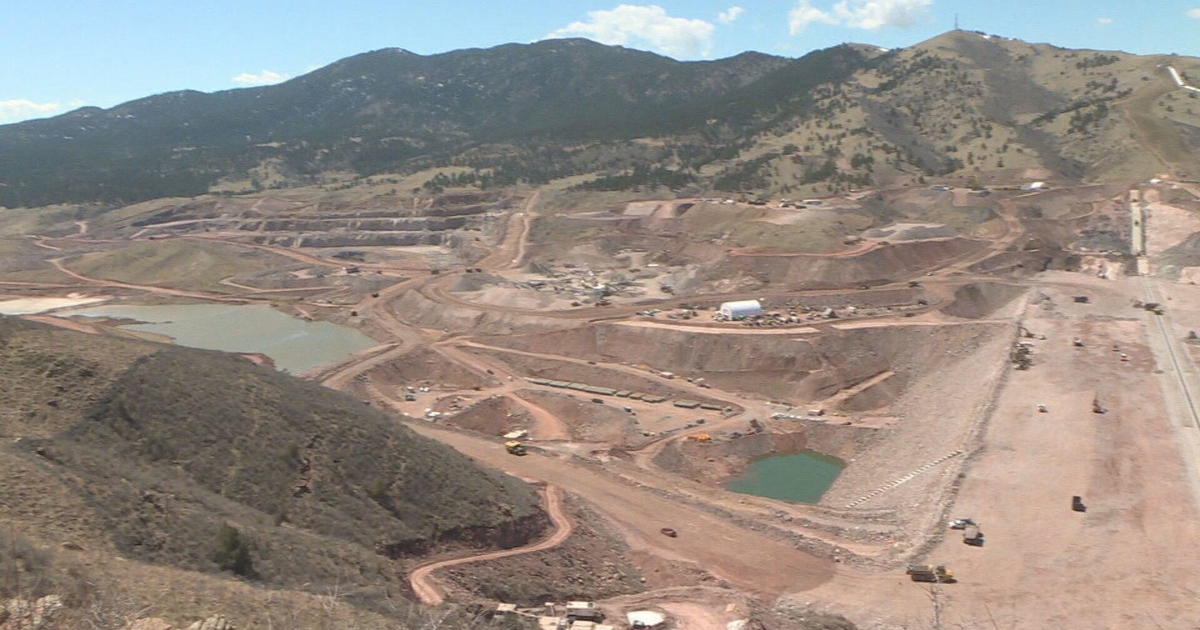Hottest Days Of Year Arrive Despite Longest Days Last Month
By Chris Spears
DENVER (CBS4) - Have you ever wondered why the longest days of the year occur in late June but the hottest days don't arrive until several weeks later?
This phenomenon is called the seasonal temperature lag and believe it or not the oceans play a big role in why it happens.
Unlike landmasses, water has the ability to store an incredible amount of energy from the sun.
This is because water has one of the highest specific heat capacities of any substance on Earth, which means it takes a large amount of energy to change the temperature by one degree.
That's why it takes a long time for oceans to heat up and cool down.
If this is hard to concept, think about a day at the beach while on vacation in Florida. The daytime temperature may reach 92°F after a morning low of 74°F, but the water temperature will stay 80°F around the clock.
It all has to do with water having such a high specific heat.
Because oceans cover a large part of our planet they have a tremendous influence on the climate. So despite having the highest amount of incoming energy from the sun in late June, the oceans continue to heat up for several more weeks, and thus, so do the temperatures on our planet.
As the sun angle gets lower and the days grow shorter, eventually, the amount of incoming solar energy will be less than outgoing energy emitted by our planet, and that's when our average temperatures begin to cool with time.
While land does play a role in the seasonal temperature lag its not nearly as large as the oceans.
In case you're wondering the seasonal temperature lag happens in the winter too. We see the least amount of incoming solar energy around the Winter Solstice in December, but typically don't see our coldest average temperatures until mid to late January or early February.
Meteorologist Chris Spears writes about stories related to weather and climate in Colorado. Check out his bio, connect with him on Facebook or follow him on Twitter @ChrisCBS4.





